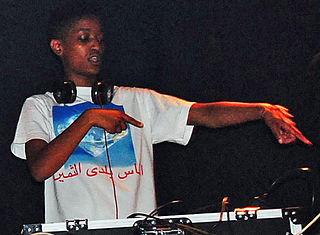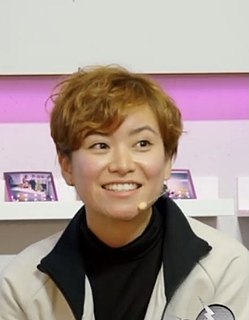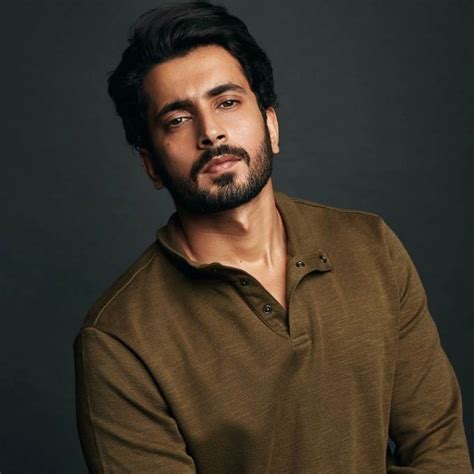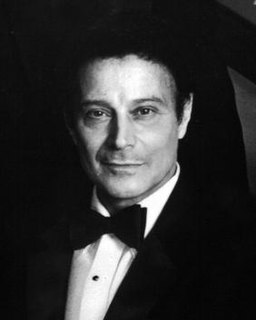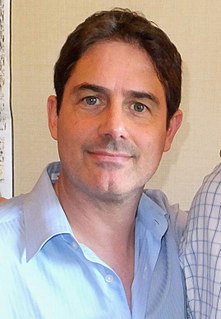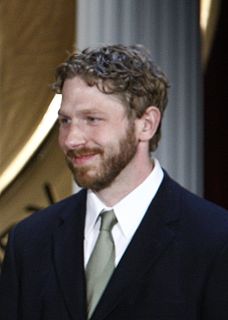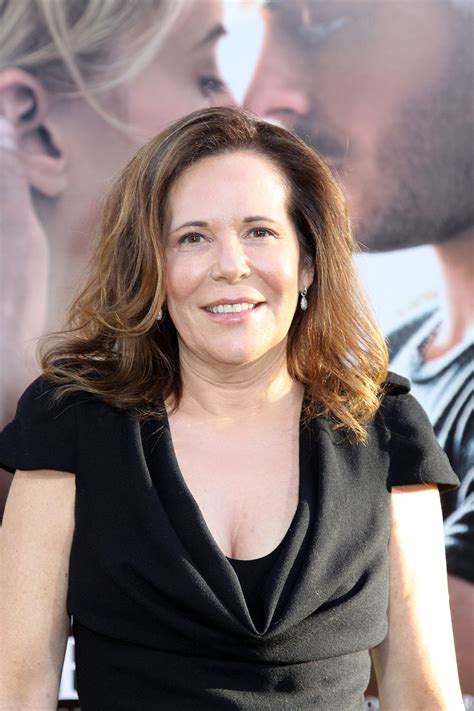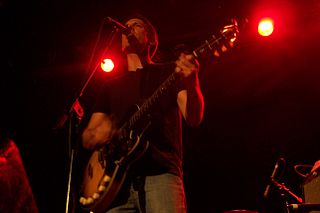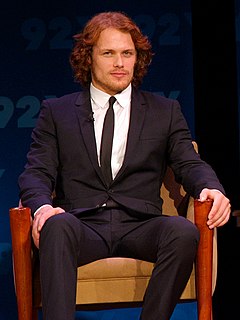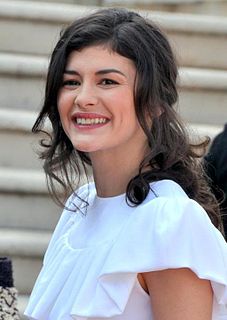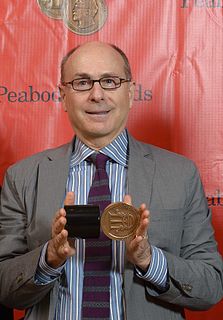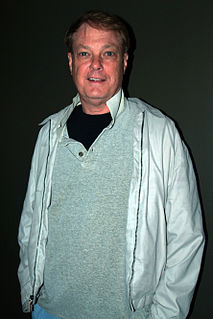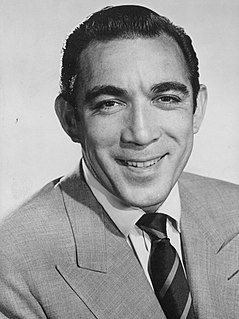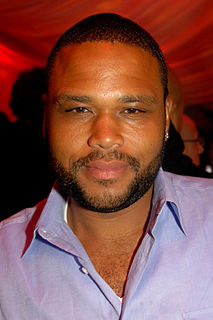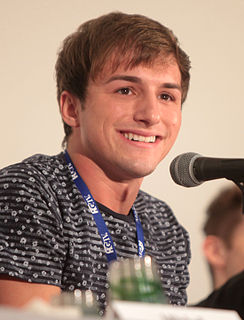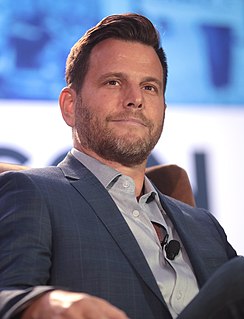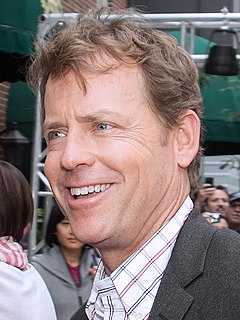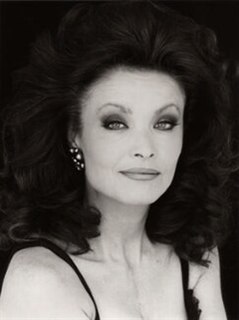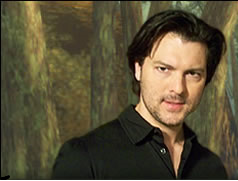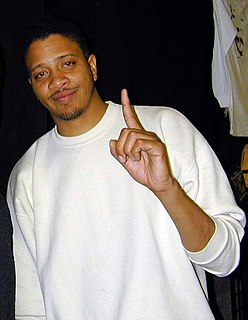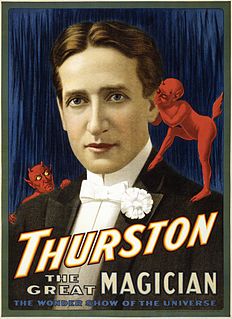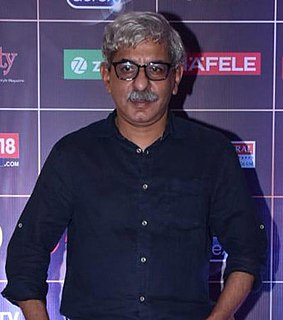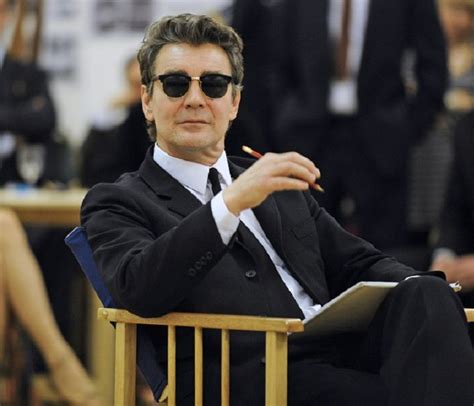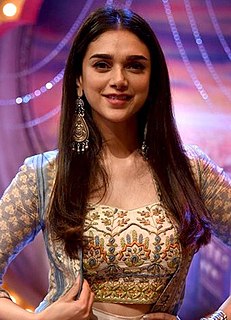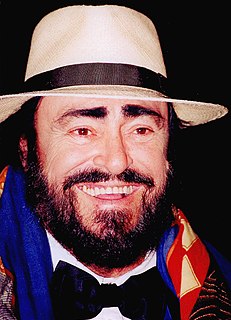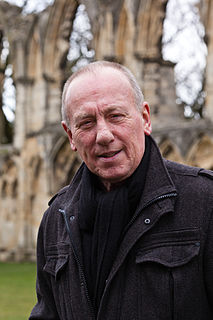Top 1200 Actors And Audience Quotes & Sayings - Page 17
Explore popular Actors And Audience quotes.
Last updated on April 22, 2025.
There's a tacit belief that actors shouldn't write books, they're sort of allowed to direct movies but there will be a lot of skepticism, and they shouldn't do artwork or music. There are these invisible roadblocks to gain entree to these areas for actors, and you kind of have to crash through those invisible barriers.
I'd like to drill in a little more detail into one aspect of cutting which is particularly close to me and that's dialogue editing. It is a vital part of editing especially in animated film, but in the end it is usually completely transparent to the audience. The vocal performances are reported for over several years and the actors are very rarely in recording studios together. That's why the editor has got to all these different performances and edit them together to create the illusion of spontaneity and real action.
I think that for a lot of actors - especially American actors - to get line readings and to be told and have your director literally act out the part for you is sort of discouraging in a way. It's a very Eastern European thing to do - a lot of directors that I worked with in Russia did that as well. And, I never took that as an insult, as many actors tend to do. To me, I think it's just offering a certain energy - offering their flavor - and, instead of trying to sort of decode and communicate it to you, they just show you their flavor of what it should be.
I like to think in camera, but at the last minute the most important thing is that there is something happening between the actors. But good actors can have a lot of scenes going around them but sometimes it sort of helps the performance because it takes their mind off of who they are supposed to be.


